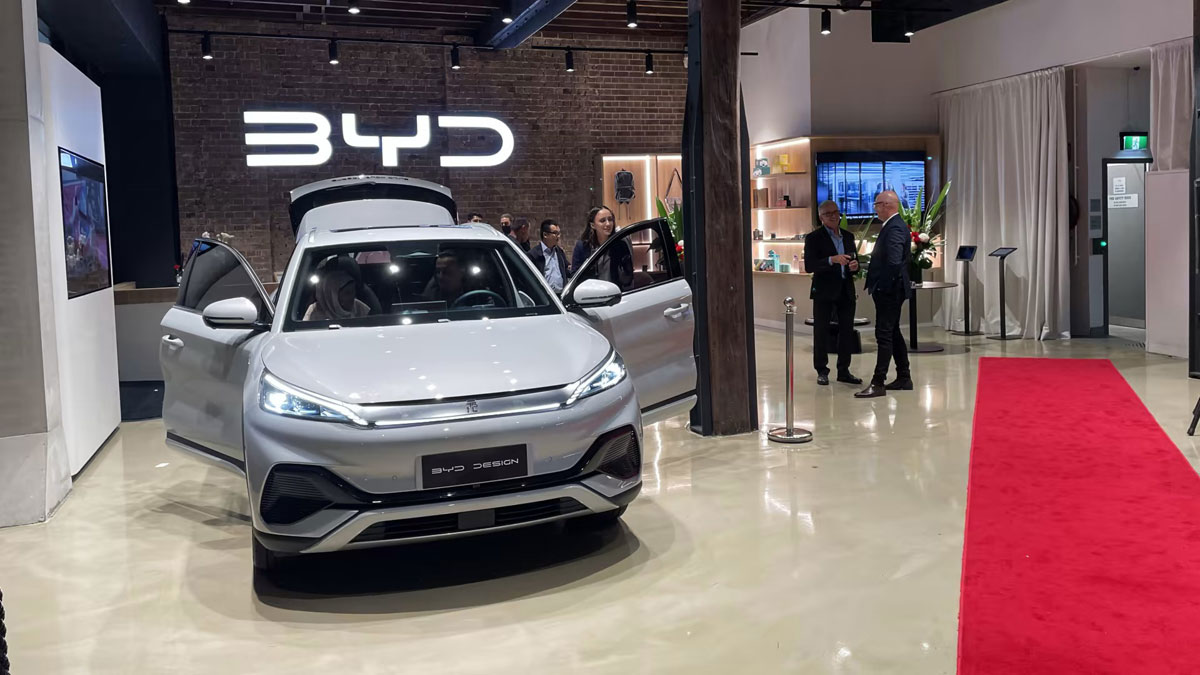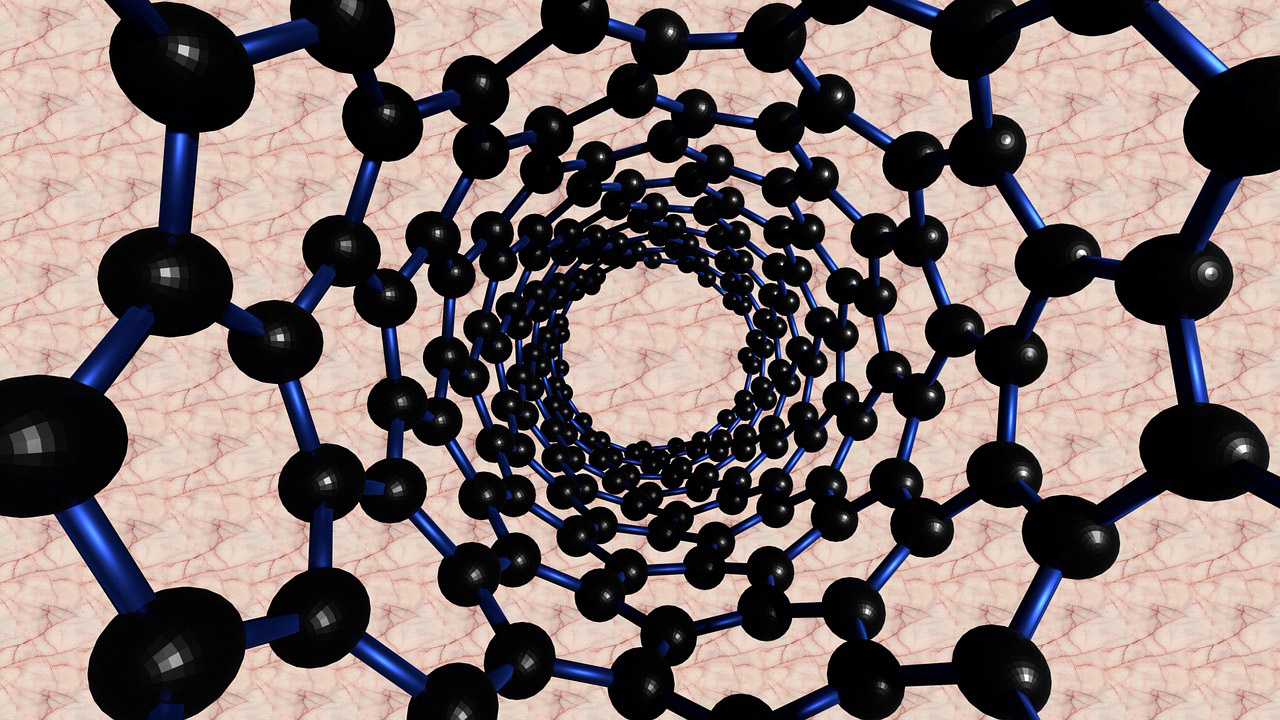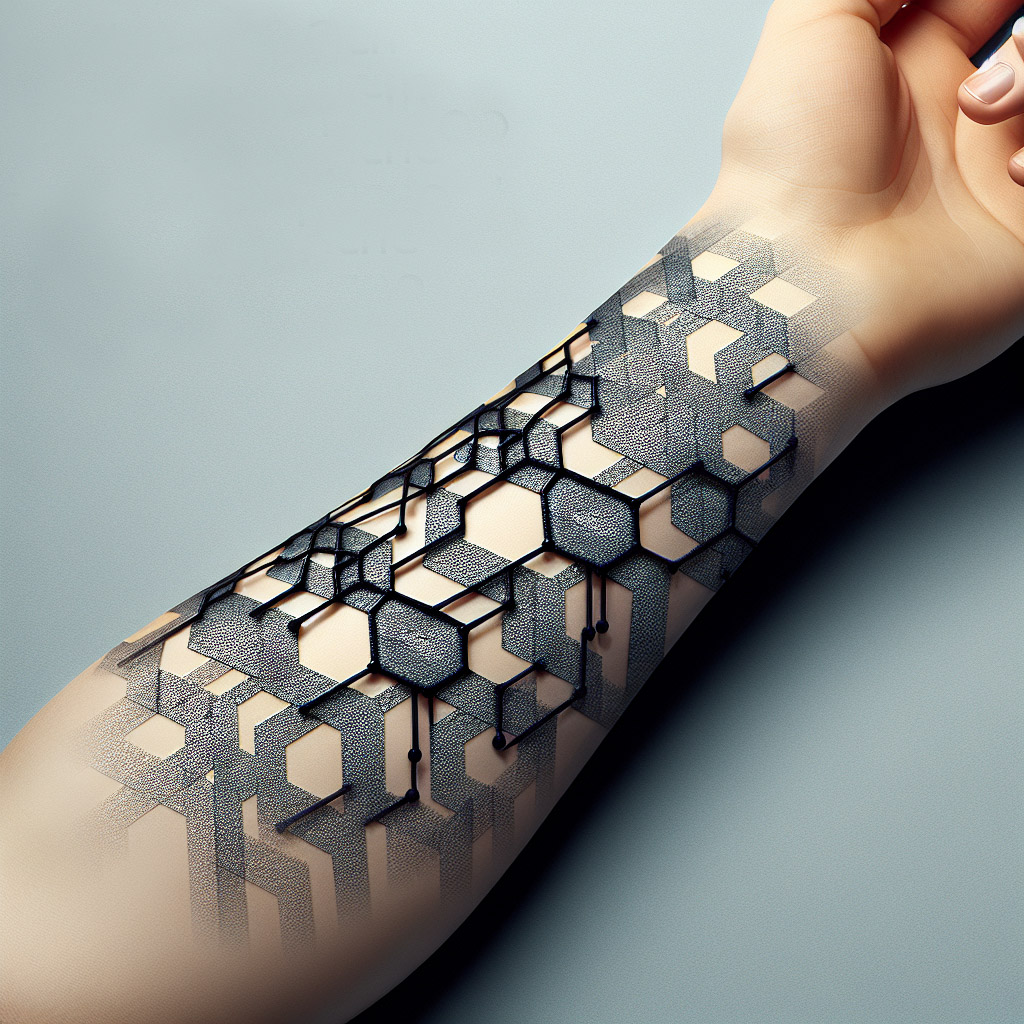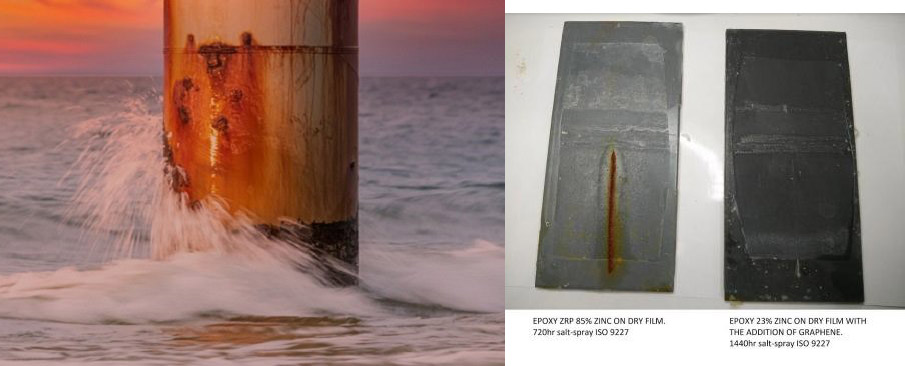BYD: Betting on LFP Batteries, Eyeing Graphene’s Future
BYD, the Chinese automotive giant, is making waves in the EV battery game with its tried-and-true Lithium Iron Phosphate (LFP) technology. Unlike some competitors chasing the shiny, unproven world of graphene batteries, BYD is staying grounded with a focus on what it knows works. Let’s break down BYD’s strategy and why they’re keeping an eye on graphene, but not jumping ship just yet.
The LFP Advantage: Safe, Long-Lasting, and Affordable
BYD’s Blade Battery uses LFP chemistry, offering some key benefits over traditional lithium-ion batteries. Safety is a top concern for EV drivers, and LFP shines here. These batteries are known for their stability, reducing the risk of fires – a major worry that’s haunted some EVs.
But safety isn’t the only perk. LFP batteries outlast their lithium-ion cousins, meaning they hold a charge for longer and require replacement less often. This translates to a more durable and cost-effective option for consumers. Plus, LFP batteries are generally cheaper to produce, giving BYD a pricing edge in the competitive EV market.
The Graphene Gamble: A Promising Future, But Hurdles Remain
Graphene batteries are the hot new topic in EVs. This wonder material, essentially a single layer of carbon atoms, holds immense potential for battery breakthroughs:
- Boosting Your Range: Graphene batteries could store significantly more energy than LFP, potentially giving EVs a much longer driving range. Imagine road trips without constant “range anxiety” about running out of juice.
- Lightning-Fast Charging: Graphene’s unique properties could lead to super-fast charging times. Say goodbye to hours spent tethered to a charger – graphene batteries could top off your EV in minutes.
- Even Longer Lifespan: The structure of graphene suggests batteries made with this material could last even longer than LFP technology.
BYD: Taking a Calculated Approach
While graphene might sound like a dream come true, BYD is taking a measured approach. Here’s what they might be thinking:
- Proven Winner: LFP technology is reliable and established. This allows BYD to focus on mass production and driving down costs, ensuring they can deliver competitive EVs to the market.
- Market Ready: LFP batteries are a commercially viable technology, giving BYD a clear advantage in the current EV market.
This doesn’t mean BYD is ignoring graphene entirely. They’re likely keeping the research and development wheels turning, so they’re ready to adopt this technology when it becomes commercially feasible.
The Road Ahead
BYD’s focus on LFP has proven to be a smart move, solidifying their position as a major player in the EV battery game. While graphene batteries have exciting potential, they still face challenges in terms of being produced at scale and keeping costs down. BYD’s strategy allows them to capitalize on the current market while keeping an eye on the future. Only time will tell if BYD will eventually switch gears or continue to refine their LFP technology as the frontrunner. But one thing’s for sure – BYD is playing a strategic game, ensuring they’re well-positioned for whatever the future of EV batteries holds.





Leave A Comment